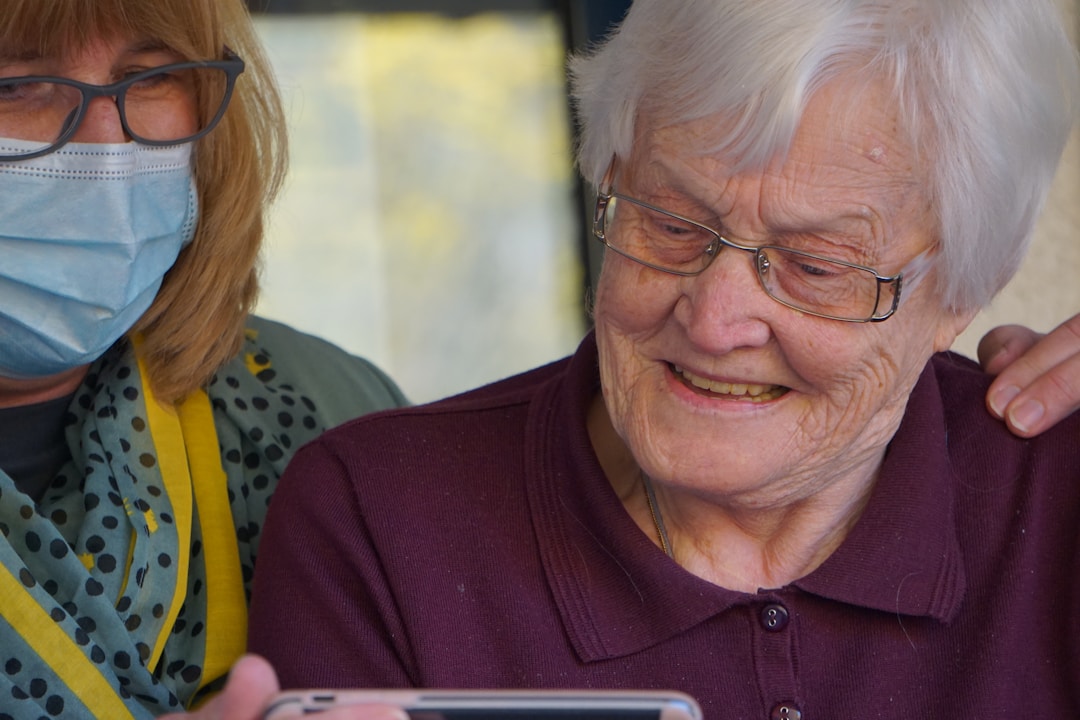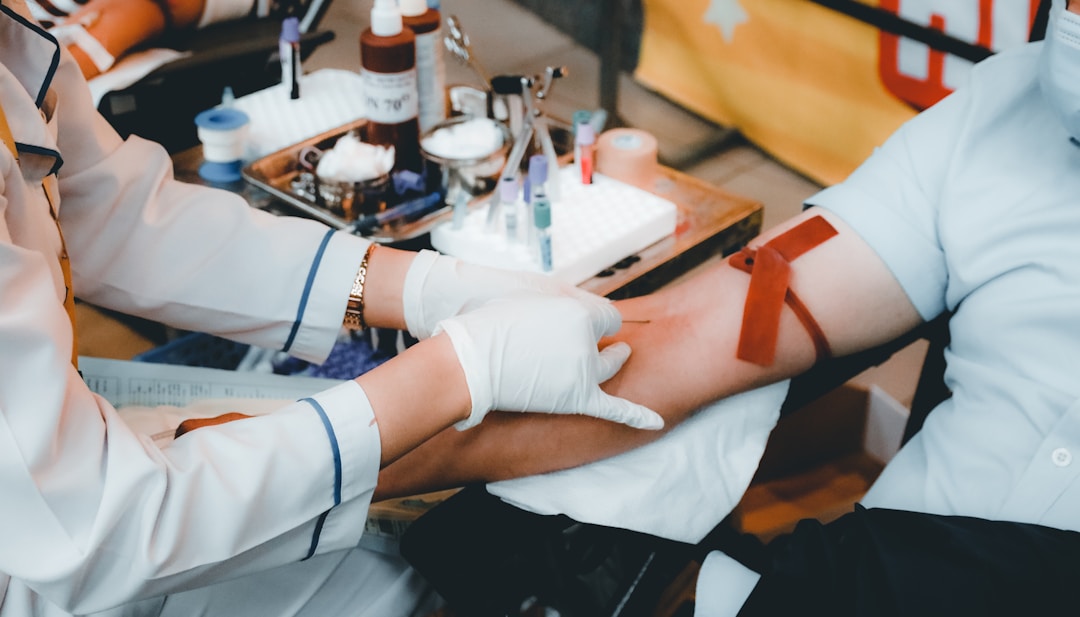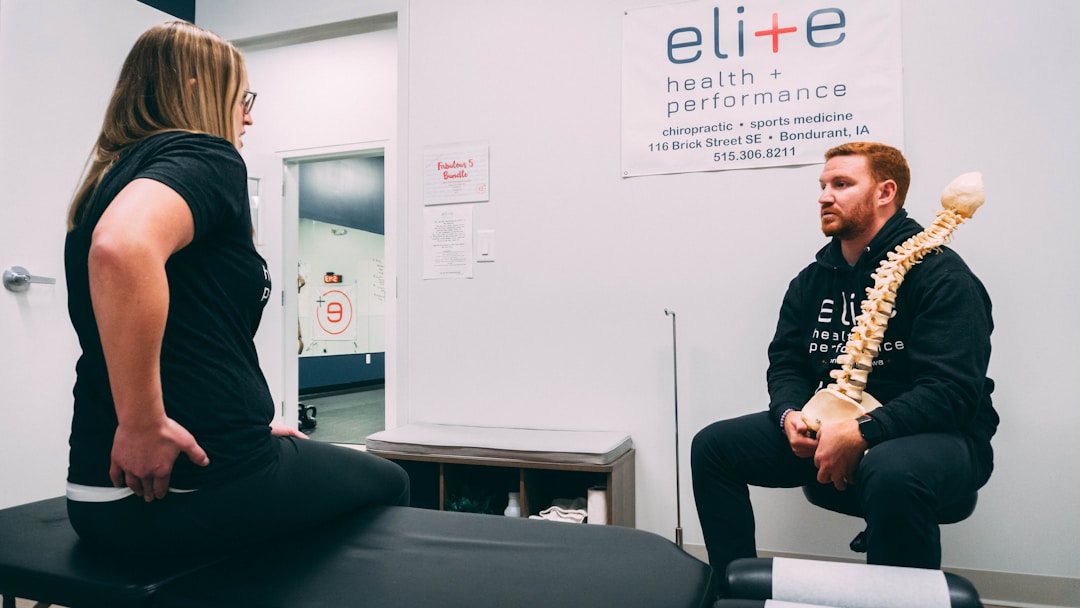Just because you want to work in the medical field doesn’t mean you need to go to ten years of medical school and put yourself in hundreds of thousands of dollars in student loan debt. There are plenty of medical jobs you can land with little schooling. Some of them require certifications or specialized training at a vocational school or technical school, but not years of school.
Some jobs may only require an associate’s degree, which you can get at a low-cost community college. These jobs are ideal for those who have a passion for medicine but can’t go to college for one reason or another. Many need to start working to support themselves; they don’t have the luxury of spending a few years in college. Here are a few examples of medical jobs that require little or no schooling.
Resident Assistants

A resident assistant is similar to a home health aid, but they work within facilities. They can provide basic care and help with daily routine. They are not medically trained, but they are a valuable asset within long-term care facilities. For example, people with Alzheimer’s disease or other forms of dementia require a higher degree of care and monitoring. Due to memory loss, Alzheimer’s patients can easily get confused, agitated, or lost.
Victoria Mews Assisted Living offers memory care in New Jersey and operates only for those with dementia or memory loss. While the medically-trained staff of registered nurses, technicians, and administrators handle the day-to-day medical needs of the staff, resident assistants help with social activities, free time, meals, and morning and evening activities. They take the nurses’ burden while also providing an enhanced level of care for the residents.
Medical Secretary

A medical secretary is invaluable to any medical office. They handle appointments, patient questions, data entry, referrals, pharmacies, and billing issues. They have to seamlessly run an office while also providing excellent customer service to patients, who may not always be in the best moods while interacting with them. They need to multitask and problem-solve all of the time, and their job may overlap with a medical coder or billing specialist, depending on the size of the office.
Phlebotomist

A phlebotomist is a person who draws blood from patients. They work in hospitals, doctors’ offices, and labs. Their job training is specifically drawing blood, and they are staff members in hospitals, labs, and doctors’ offices. It is a well-paid and valuable occupation that requires minimal schooling due to the specialty. Phlebotomists need to be calm and good with people because they will be working with many people who may be scared of needles and extremely anxious during the visit.
Physical therapist assistant

A physical therapist assistant works with a physical therapist and directly with the patients. While the physical therapist, who went to school for years, will diagnose the patient and prescribe the needed course of treatment, the physical therapist assistant often works through the course of treatment with the patient. They also update notes and report back to the physical therapist who went and any potential concerns.
Massage Therapist

A massage therapist is vital in many different areas. They work with physical therapists in long-term care facilities, hospitals, and medical offices. They may also work in spas or other settings. They provide a great way for patients to mitigate stress and chronic pain. They evoke relaxation and personal care. Massage therapy requires little schooling and offers a high salary depending on where you live and work. Massage therapy can be for people of all ages and may be part of an overall treatment plan for chronic pain or anxiety.

